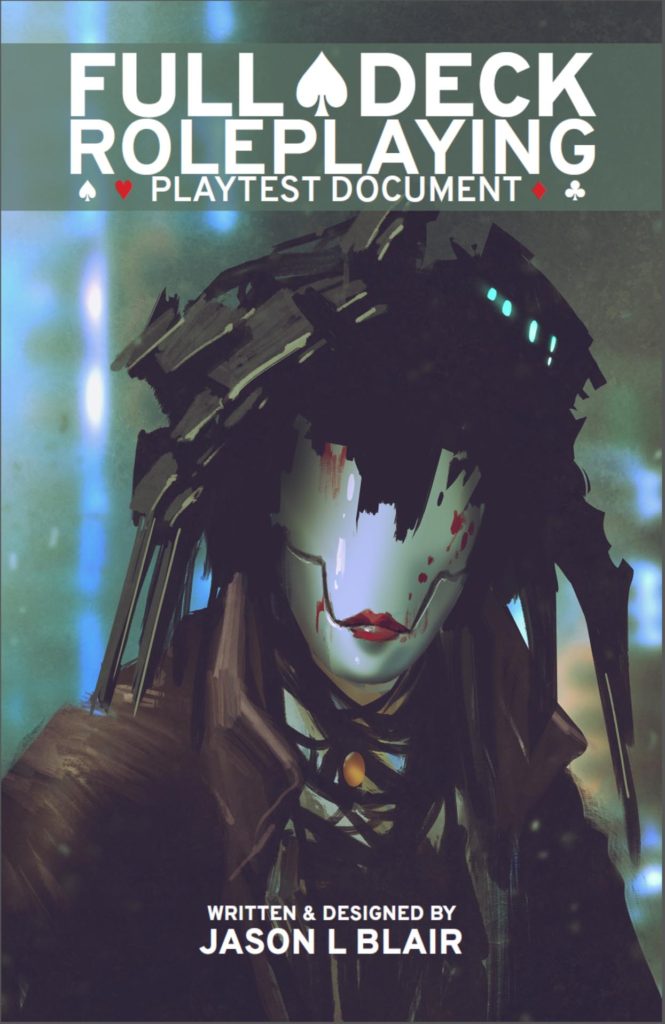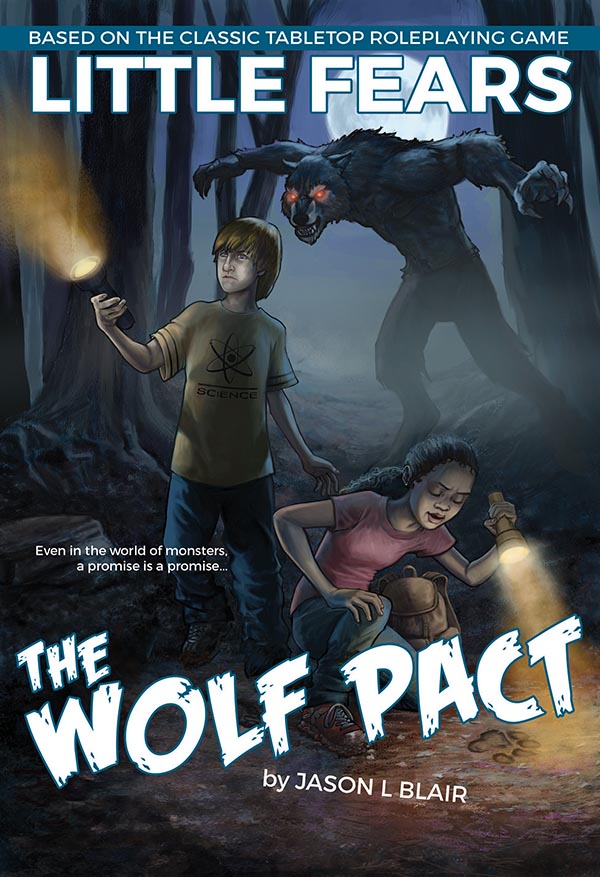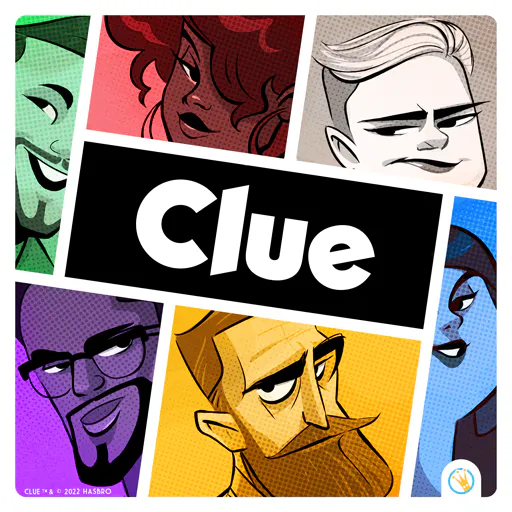-
Latest Posts
-
Latest Releases


My Sites
Tags
- adventure gamers
- agents of mayhem
- buried tales
- character collection
- comics
- conduit 2
- don't walk in winter wood
- dream project
- esoterrorists
- essays
- eulogy
- fiction
- friends
- gdc
- gencon
- haunted
- high voltage
- human head
- interviews
- kickstarter
- little fears
- movies
- nominations
- one-year plan
- operation: awesome
- pandemic
- patreon
- pc games
- podcasts
- point-and-click
- prey 2
- ps2
- ps3
- ps4
- rpgs
- saints row iv
- streets of bedlam
- tales of the far west
- the bones
- transmedia
- video games
- volition
- wii
- xbox 360
- xbox one
Previously On…
- April 2025 (1)
- March 2025 (2)
- February 2025 (4)
- January 2025 (4)
- December 2024 (5)
- January 2024 (1)
- October 2020 (1)
- May 2020 (1)
- April 2020 (1)
- May 2019 (1)
- July 2018 (2)
- June 2018 (1)
- April 2018 (1)
- February 2018 (1)
- November 2017 (1)
- August 2017 (1)
- July 2017 (1)
- June 2017 (1)
- June 2016 (4)
- May 2016 (1)
- June 2015 (1)
- February 2015 (1)
- January 2015 (3)
- October 2014 (1)
- August 2014 (2)
- July 2014 (1)
- May 2014 (3)
- January 2014 (1)
- December 2013 (3)
- October 2013 (2)
- September 2013 (1)
- August 2013 (3)
- July 2013 (1)
- June 2013 (2)
- April 2013 (1)
- March 2013 (3)
- February 2013 (2)
- January 2013 (1)
- December 2012 (1)
- October 2012 (1)
- September 2012 (1)
- August 2012 (1)
- July 2012 (2)
- June 2012 (2)
- April 2012 (2)
- March 2012 (2)
- January 2012 (5)
- December 2011 (5)
- November 2011 (1)
- October 2011 (2)
- July 2011 (1)
- June 2011 (1)
- May 2011 (3)
- April 2011 (2)
- March 2011 (2)
- February 2011 (1)
- January 2011 (1)
- December 2010 (2)
- November 2010 (3)
- October 2010 (2)
- September 2010 (4)
- August 2010 (5)
- July 2010 (5)
- June 2010 (4)
- May 2010 (2)
- April 2010 (1)
- March 2010 (8)
Friends' Sites
- Aaron Rosenberg
- Adam Jury
- Chris Pramas
- Chuck Wendig
- Daniel Solis
- Ed Lima
- Flames Rising
- GamePlayWright
- Gareth Hanrahan
- Gareth-Michael Skarka
- James Maliszewski
- Jared Sorensen
- Jeff Tidball
- Jon Leitheusser
- Josh Neff
- Kenneth Hite
- Kevin Riepl
- Matt Forbeck
- Matt Kulka
- Matt Snyder
- Matthew Breit
- Matthew Laznicka
- Monica Valentinelli
- Paul Jessup
- Sarah Newton
- Team Preston
- Veronica V. Jones
Category Archives: essays
Childhood Adventures
These days, with the stresses of life and the world bearing down with unprecedented pressure, I find myself seeking comfort from my entertainment. I have never been against challenging media but I have been very selective about the stories I … Continue reading
Posted in essays, video games
Tagged adventure games, are you afraid of the dark, cluefinders, nancy drew, pajama sam, spy fox, video games
Leave a comment
The Key Beats of Interactivity
Back in the Summer of 2021, I taught two courses on Critical Game Analysis for Bradley University. My friend David got me connected there. I took over the classes he originally intended on teaching but couldn’t due to the workload … Continue reading
The Danger of Forever Games
From video gaming’s earliest days, designers have been imagining a dizzying array of worlds, play styles, and ways to entertain. From Pong to Zork to Adventure to Mega Man to Halo and far beyond, gaming has been a platform for … Continue reading
Old Man with a Dream
In many ways, the past few years have been wonderful to me. Far beyond my dreams, in fact. A newfound love, an ever-strengthening bond with my kids, new friends and family, and new opportunities all provided light to me after … Continue reading
Posted in essays, operation: awesome
Tagged essays, fiction, operation: awesome, video games
Leave a comment
Things I Wished I Had Said to My Dog as I Drove Her to the Vet to Be Euthanized
I love you. I have loved you since I first saw your wide grin and big brown eyes. Since the moment you flopped over on the pet store floor and demanded scritches. You were loving and playful and ready for … Continue reading
Posted in essays
4 Comments
The Allure of New Horizons
I have always been plagued by the demon known as Ambition. As a youth, I never felt at home in the place I grew up in. I always wanted more. I knew my life was elsewhere. I wasn’t entirely sure … Continue reading
Roots Pushing Through
I think I’m starting to understand the concept of putting down roots. Staying in a place for a while. Staying at a job, a company for a long time. It’s…weird for me. I never felt a connection to my hometown. … Continue reading
Posted in essays, operation: awesome
Tagged adventure gamers, essays, little fears, operation: awesome, volition
Leave a comment
Operation Awesome: Revelations on Story
This is gonna be mostly old hat to most writers, I reckon, but every author goes through their own journey and such so this is new and revelatory to me, at the very least. I’ve been doing a lot of … Continue reading
Hey, Wanna Hear Something Crazy?
I don’t remember the exact date that I went crazy, but I remember the weeks preceding it. In mid-June 2004, I got sick. I didn’t know what it was at first. I worked during the day at a local internet … Continue reading
New Year’s Revelation
Obvious revelation that reared its head into my brain a bit ago so I thought I’d share. Doing nothing leads to doing more nothing. Most folks know that. But the inverse is also true. When you do something, especially if … Continue reading

